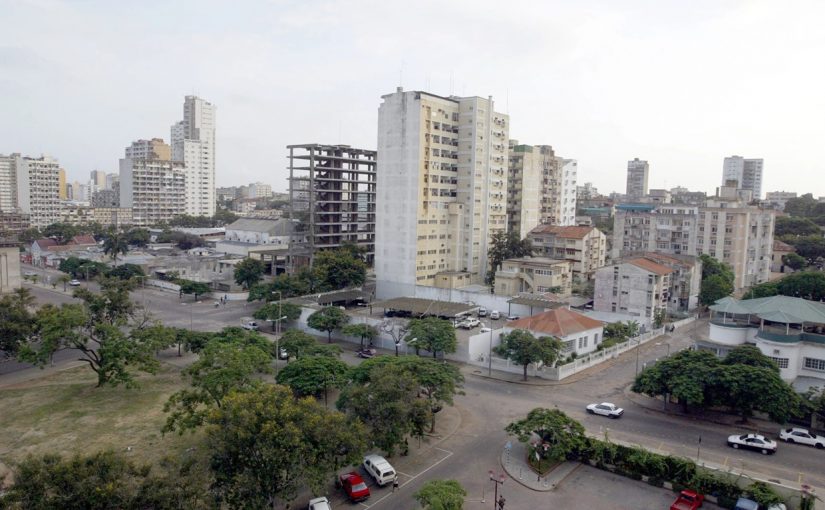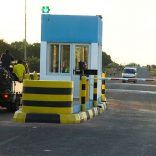Mozambique: Mondlane says pacification agreement not being complied with
Mozambique: Kidnapping is complex crime that needs special unit – government

File photo: Lusa
Mozambique’s interior minister acknowledged on Thursday that the crime of kidnapping is complex, organised and transnational, and encourages capital flight, as well as creating feelings of “insecurity”, calling on society to denounce those suspected of being involved.
“Kidnapping is an organised and transnational crime, its modus operandi is complex and affects society in the sense that it creates a general feeling of insecurity in society. It affects everyone. When there is a kidnapping, everyone is concerned, not just the relatives, those closest to the victim, but all members of society,” said Interior Minister Paulo Chaine in parliament, where the government was answering questions from MPs for the second day.
“It affects our economy, creates capital flight and retracts investments,” he added, noting that one of the ways to stop this type of crime is to create a unit to prevent and combat organised and transnational crime.
The interior minister argued that the unit to be created should have the means and human resources and should count on the cooperation of regional and international organisations with experience in combating kidnappings. The aim is to put an end to this type of crime in Mozambique.
“There is another important component, which is the community’s involvement (…). The community needs to be involved in the fight against crime and kidnappings. Let’s denounce the criminals, the kidnappers and all those involved in criminal practices,” Chachine appealed.
Since 2011 to March this year, Mozambique’s government has recorded at least 205 kidnappings, the government said on Wednesday, acknowledging “challenges” to stop these events.
According to figures presented by Mozambican Interior Minister Paulo Chachine, 2013 saw the peak in kidnapping offences, with 37 cases, 2014 with 20 kidnappings, 2015 with 17, in 2020 there were 16, and in 2016 and 2024, 15 cases each.
In connection with the cases, the Mozambican police detained at least 302 people, several places used as captives were deactivated and firearms were seized, along wth property and goods.
“The provinces most affected by this type of crime were Maputo city with 133 cases, followed by Maputo and Sofala provinces with 48 and 09 cases respectively,” said Paulo Chachine.
From January 2024 to March this year, he said, 19 kidnappings were recorded, 15 of which were cleared up with the arrest of 33 people and the seizure of at least 12 firearms, 12 vehicles, 28 mobile phones, two computers and four homes used as captives.
“Despite the operational results achieved, there are still challenges to clarifying the cases quickly to consolidate the feeling of security in Mozambican society and ensure a favourable environment for domestic and foreign investment,” acknowledged the government official.
Since 2011, a wave of kidnappings has affected Mozambique, and the victims are mainly businesspeople and their families, mainly people of Asian descent, a group that dominates commerce in the urban centres of the country’s provincial capitals.
Around 150 businesspeople have been kidnapped in Mozambique in the last 12 years, and a hundred have left the country out of fear, according to figures released in July by the Confederation of Economic Associations of Mozambique, which argued that it is time for the government to take action.
The majority of kidnappings committed in Mozambique are prepared outside the country, especially in South Africa, said the then Attorney General, Beatriz Buchili, in parliament in April 2024.












Leave a Reply
Be the First to Comment!
You must be logged in to post a comment.
You must be logged in to post a comment.